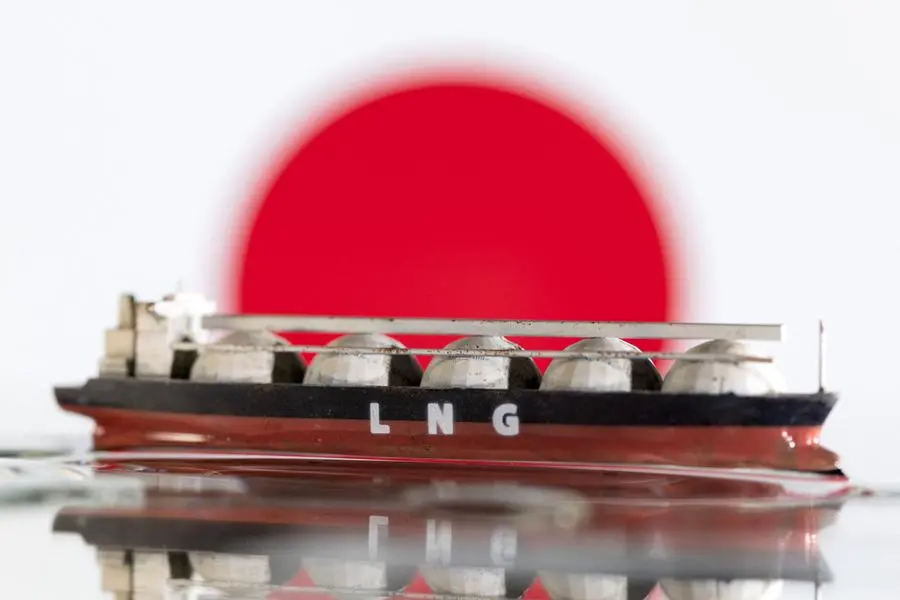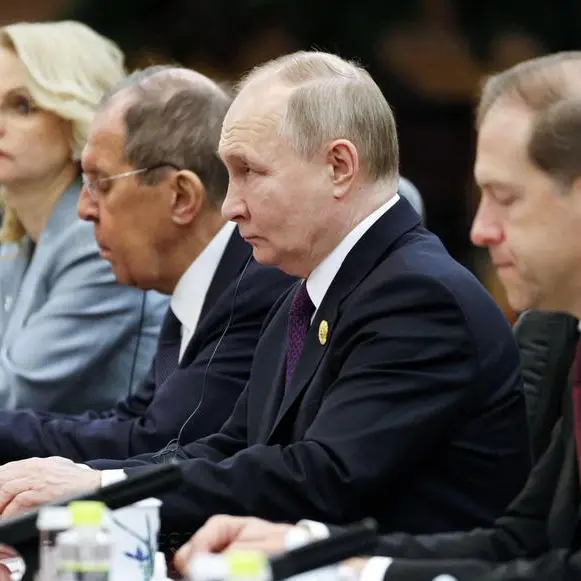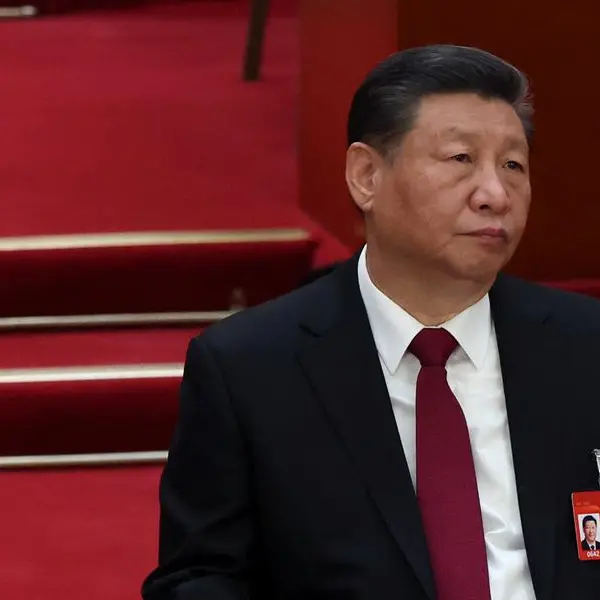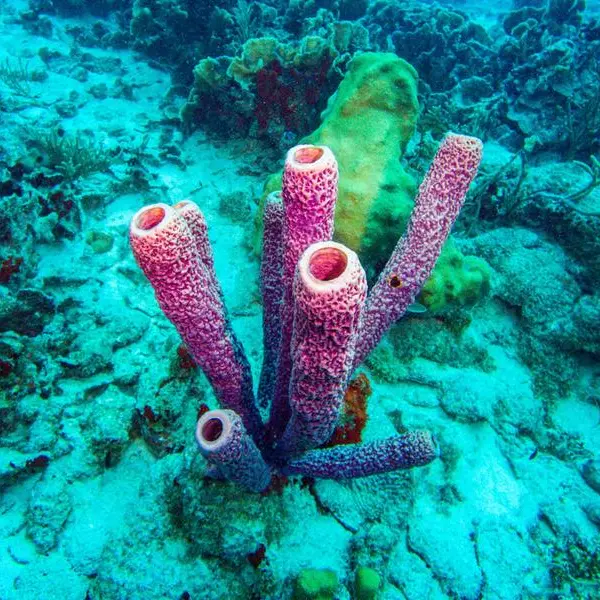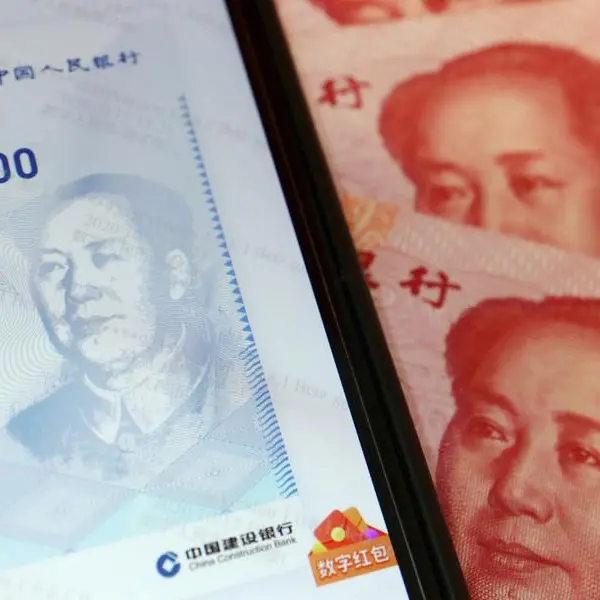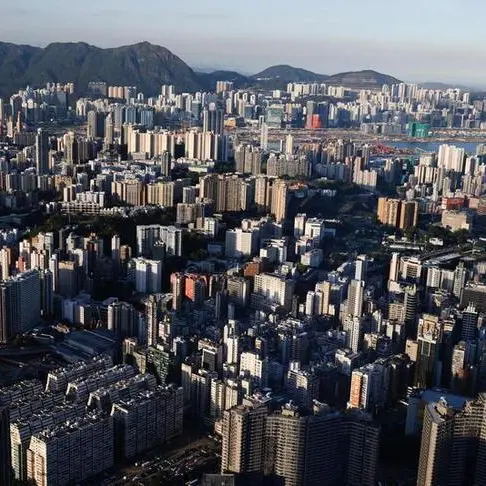PHOTO
The volume of liquefied natural gas (LNG) handled by Japanese companies fell 7% year-on-year to 102.12 million metric tons in the fiscal 2022/23 year as local demand sagged, the state-owned Japan Organization for Metals and Energy Security (JOGMEC) said.
Japan was the world's biggest importer of the super-chilled fuel in 2022, but it has slipped to the second position, with China taking the lead so far this year.
But the resource-poor country aims to have the annual LNG handling volume, including import and trade, at around 100 million tons in the 2030/31 year to improve energy security and maintain Japan's influence in the international LNG market.
Japan's LNG imports fell 1% to 70.55 million tons in the fiscal year ended March 31. Japan has been reducing LNG imports in recent years due to a switch to renewable energy, as well as nuclear reactors restarts.
The volume of "external trade," or the LNG sold to third countries, slid 17% to 31.57 million tons, according to a survey conducted by JOGMEC from 30 Japanese companies engaged in the purchase and trade of LNG, such as electric power and gas utilities, trading houses, oil refiners and steelmakers.
Among the external trade, both the off-take volume from LNG projects and the supply obtained through term contracts and spot trades declined, the survey said.
According to another survey done by JOGMEC from 22 Japanese LNG buyers, the ratio of their LNG contract volume that comes with destination restrictions to total contract volume fell to 42% in 2022/23 from 53% a year earlier, and is expected to drop further to 40% in 2030/31.
Buyers in Japan have long complained about the so-called destination clauses restricting resale and have been negotiating with global LNG suppliers to remove the clause from existing contracts or to sign new contracts without the destination clauses to gain more leeway to resell spare cargoes. (Reporting by Yuka Obayashi; editing by David Evans)
